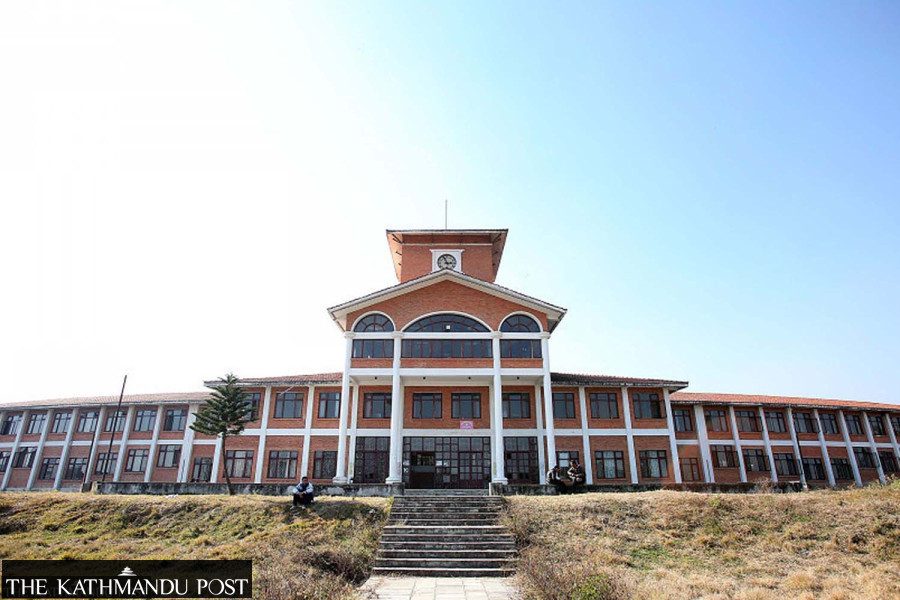National
Misuse of TU’s ‘study abroad’ provision prompts concern
The country’s oldest varsity doesn’t have a proper record of its teachers who have gone abroad on paid study leaves. Officials say they are now collating data.
Post Report
Around four dozen Tribhuvan University teachers who went abroad on study leave have not returned, flouting the university law.
Following the publication of a media report that said the opportunity to study abroad was being misused, the TU had sought data from its different departments. The Centre for Investigative Journalism reported that the country’s oldest varsity doesn’t have a proper record of its teachers who have gone abroad on paid ‘study leaves’ and whether they have returned after completing their study abroad.
On December 8, the university’s Coordination Division had directed all of its constituent colleges, institutes and agencies concerned to report about such teachers. “As of now, we have received the information that at least 42 teaching staff who have travelled abroad for study haven’t returned, flouting existing laws,” Deepak Tiwari, the Division’s acting chief, told the Post. “It will take some days for us to prepare the detailed report.”
The university allows its teachers—mainly the lecturers and assistant professors—to study abroad for their capability enhancement. Any teacher who has taught for five years after permanent posting is eligible to get paid study leave for three to five years.
While lecturers themselves find the universities of their choice for the study, there are also the opportunities allocated for the teachers from the TU. Most of such study abroad opportunities the Nepali teachers get are scholarships, mainly for the Mphil or PhD programme.
The university’s ‘Teacher Staff Service Rules-1994’ has specific provisions about the eligibility for such opportunities. Its clause 30 states that teachers who have used their study leave for five years must return to service and serve for at least five years. One using three years of leave has to be in the classrooms for the same period after the completion of their study abroad.
The teachers wanting to get paid leave for study abroad must sign a bond with the coordination division in line with the TU staff rules. They also need to present a witness while signing the bond based on the service rules.
The rule’s clause 84 states that if a teacher doesn’t attend the office for 90 days, the university can sack them. However, there are minimal cases where such teachers have been sacked.
So much so that, in several cases, the teachers who have been staying abroad have been receiving the salary from the university. The university administration says they will fully implement the law once all the data of the defiant teachers is available.
The report of the University Grants Commission states that as many as 8,122 teachers are associated with the oldest university. Of them 689 are professors, 2,199 are associate professors, 4,124 lectures, 984 assistant lectures and 126 are instructors.
Among universities, the TU receives the highest budget from the government. Of the total Rs17.46 billion for the university education, the oldest and the largest university ‘s receives Rs12.26 billion.




 11.12°C Kathmandu
11.12°C Kathmandu













